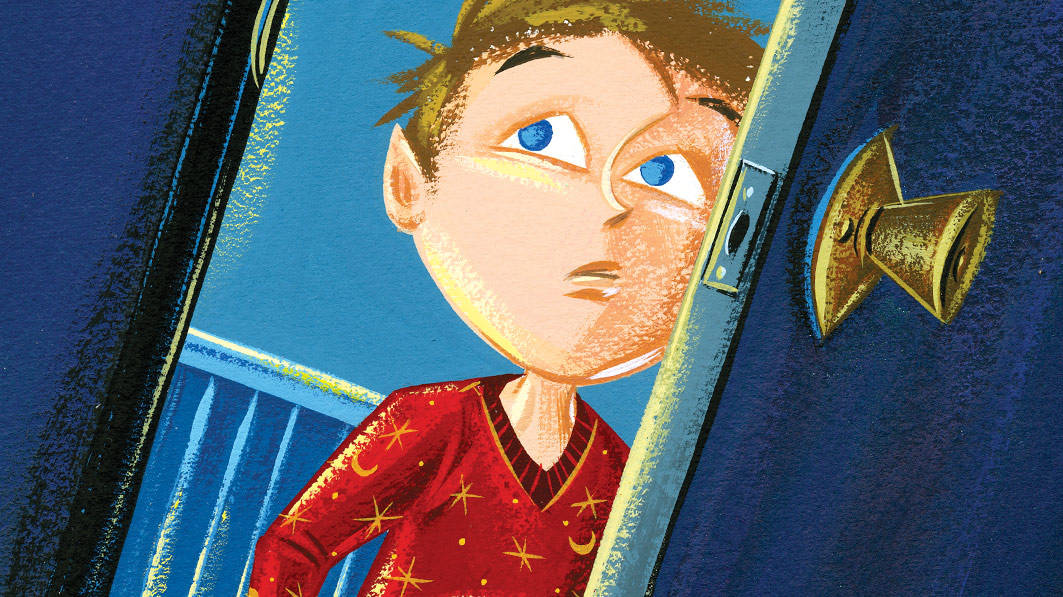It’s 10 a.m., and you’re trying to get your children in the car to go grocery shopping. One child begins to melt down — crying, raging, throwing an all-out tantrum. You are unable to comfort the child or figure out what triggered the landslide of emotion. All you said was to get in the car.
Sure, your family experiences times of joy together, but you also encounter behavioral outbursts that leave you clueless. If only you had a secret decoder ring to help decipher your adopted child’s behavior.
Many children may not understand why they’re feeling a certain way or even have the verbal skills to express their distress. The job of parents is to see their actions as their language — the code that can lead us to their fears, needs and pain. And once we start to see the reasons behind their actions, our first response should be to address the need, not the behavior.
While every child has different responses to his or her emotional needs, here are some common behaviors that adoptive parents might see in children who have been traumatized:
She throws tantrums when I ask her to do something.
Outbursts of anger are a common response to any number of different feelings and situations. One major cause of anger in adopted children is uncertainty, often rooted in a history of change and instability. In the grocery-shopping situation above, the child may be ultra-sensitive to transition, so she may need a more gradual approach to change rather than a directive to just hop in the car. Help her be aware of upcoming changes, and later, when you’ve both calmed down, teach her that these outbursts are not acceptable ways to deal with stress.
Children who react more violently in stressful situations may have come from an abusive home or other living situation where physical aggression was a common response. Address the root cause of the anxiety, while teaching her that violence is not an appropriate way to solve problems.
He lies to me.
Children often lie to their adoptive parents when they think they might be in trouble, even if they haven’t misbehaved. Lies are an attempt to take control of a stressful situation. First, try to relieve the child’s anxiety without focusing on his lie. Later, you can explain how disappointed you are when he lies to you.
She hides food.
Your child may hoard food if she came from a living situation where she wasn’t always properly fed. Even if you assure her that meals will always be available, memories of hunger are deeply embedded. You can help develop your child’s trust that her needs will be met by giving her access to her own supply of snacks, maybe in a special drawer or other location meant just for her.
He has a hard time sleeping, and he’s afraid of being alone.
Children who have experienced neglect or abuse may feel the need to always be on guard, alert to the possibility that the people they live with will let them down or harm them in some way. It might even be that they’ve simply never had an adult in their life to protect them. You can gradually build your child’s sense of security by constantly reassuring him of your love and protection. Also, do your best to create an environment that feels safe, which might mean allowing him to sleep with a light on or setting up his play area in a place where he doesn’t feel alone.
She daydreams, often while rocking and sucking her thumb.
Children who display repetitive motions such as rubbing the body, rocking or sucking on objects may have experienced significant sensory deprivation and early neglect. The repetitious motions help calm their nerves. Your child may never leave behind all the symptoms of early neglect, but constant love and a healthy environment will help her find comfort in more natural ways.
For many adopted children, trauma has occurred in the context of a relationship, and their healing will also occur in the context of relationship. In many ways, the role of an adoptive parent has been modeled for us by Christ: Just as He “took up our infirmities and carried our sorrows” (Isaiah 53:4), we can also help shoulder our children’s burdens and offer them hope.















